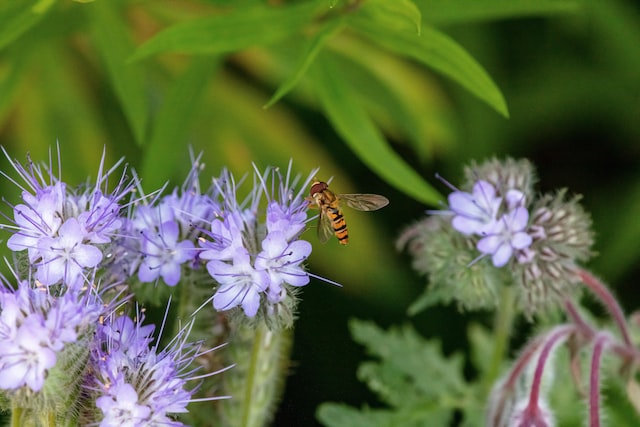Get rid of Hoverflies – Hoverflies are small insects that look similar to mosquitoes. They’re often seen flying around in large numbers near people’s homes. They also bite humans and other animals.
Hoverflies are a type of fly that is attracted to light. They are also called “evening flies” or “moth flies.”
They are usually found in the evening and at night. They hover around lights such as streetlights, porch lights, and even lightbulbs inside houses. They can also be seen hovering around windows and doors.
Hoverflies are a type of fly that can be found in many parts of the world. They are often mistaken for bees because they have a similar color and size, but hoverflies don’t sting.
If you find hoverflies on your property, there are a few things you can do to get rid of them.
Identify the Problem
If you see hoverflies buzzing around your home or garden, there’s probably an issue with your environment. You should first identify what type of problem you’re dealing with. Is it too much light? Too little water? A lack of food?
Eliminate the Food Source
Once you’ve identified the source of the problem, you’ll need to eliminate it. This means removing the food source. Remove any rotting fruit or vegetables from your kitchen or garden. Also remove any decaying matter from your yard.
read more: How to Get Rid of Garden Snakes Without risking anything
Clean up the Area
If you’re having trouble getting rid of hoverflies, try cleaning up the area where they live. You can use a vacuum cleaner with a brush attachment to clean up areas such as cracks in walls, under sinks, and behind appliances.
Spray with Insect Repellent
Another option is to spray insect repellent directly onto the insects. This will keep them away from your home.
Get rid of Hoverflies – Remove Eggs
If you find eggs on plants, remove them immediately. You can use a pair of tweezers to gently pull them off. Don’t leave any behind because they will hatch into larvae and continue to damage your garden.